Guangzhou| Year of the Rat to Zhengjia, in the museum, a flower-seeking journey
Time flies quickly, the Spring Festival is getting stronger and stronger, and the Lunar New Year is getting closer and closer. In the blink of an eye, the winter vacation is here again. Looking at the scores of this exam, I found that the big baby at home didn't have a deep understanding of biology and his scores were average. I learned that there was a very wonderful exhibition at the Zhengjia Natural Science Museum in Guangzhou, so I took action and took the big baby to have a look, hoping to increase his enthusiasm for learning.
Zhengjia Natural Science Museum has always practiced the purpose of "entertaining education and enlightening the future". Since its opening, it has opened thousands of popular science activities in various forms to convey natural science knowledge. The Year of the Rat is approaching. As part of the Zhengjia Square Spring Festival themed activity "Guangzhou New Year, Zhengjia Watching Flowers", the Museum of Natural History presents a new science popularization activity to "move" Guangzhou's traditional flower market into the museum! Visit a different "flower market" in the museum and gain knowledge of natural science, killing two birds with one stone.
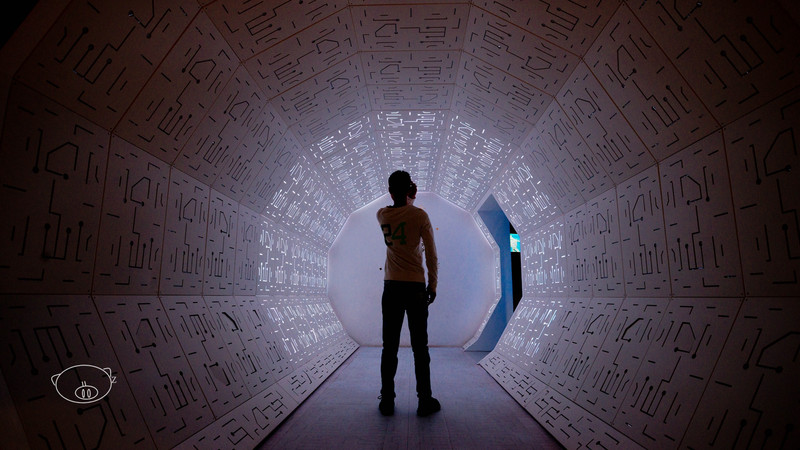
At the entrance to the museum exhibition hall on the 6th floor of Zhengjia Square, you are already full of interest in the next visit. There will be professional free explanations at some fixed times every day, and a "program schedule" will be available at the ticket office.

The earth 4.6 billion years ago was like a hot chemical soup that gradually cooled and formed various exquisite minerals and gems. The land plate floating on the magma hydrothermal fluid affects the co-evolution of the lithosphere and biosphere. Oh, it was a big surprise when I came in.
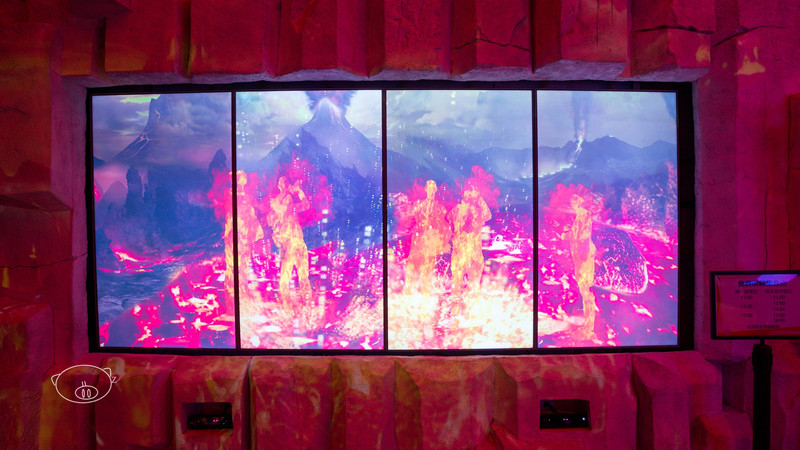
The big baby has shown a strong interest in the exhibition, watched it very carefully, and was able to experience it hands-on. It's a good start.
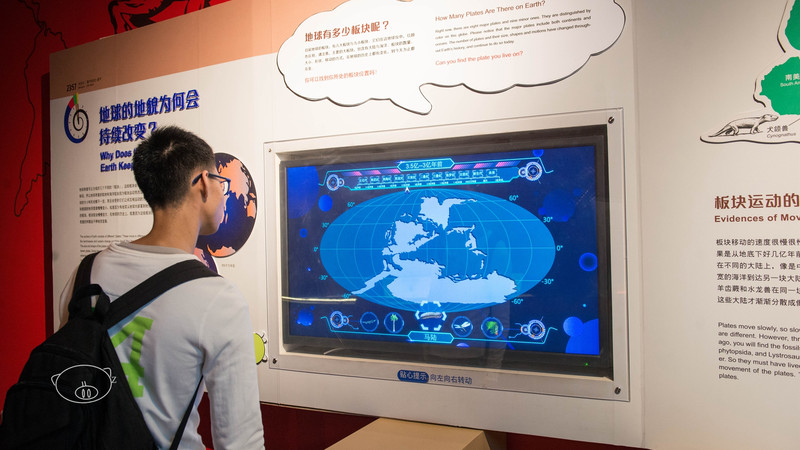
Hua Hua, searching for flowers during the Spring Festival, Zhengjia Science Popularization plays a new "flower" model, takes children to find 7 kinds of flowers, looks for the marks of flowers in the museum, appreciates the special exhibits related to flowers, enriches children's knowledge, and educates. Enjoy. Come, come, walk together, visit and search for flowers. See how many kinds you can find?
(1) Desert rose stone: the flower of "blooming and wealth"
Desert roseite is a symbiotic crystal of calcite, quartz, and lithophonite, mainly produced in the Gobi Desert. The hardness is extremely low, only 2 degrees, the texture is easily damaged, the yield is scarce, and mining is difficult. Moreover, there are not many flower-like minerals, making it a noble variety among stones.
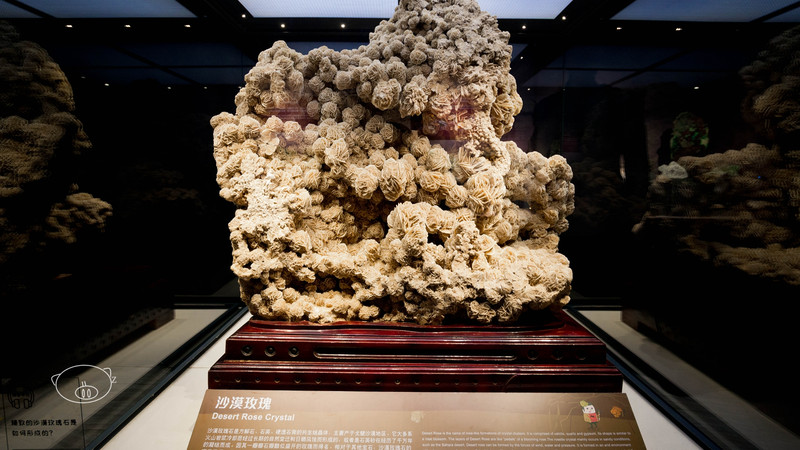
This is a cornucopia. With such a good intention, it will be even more popular during the Spring Festival.
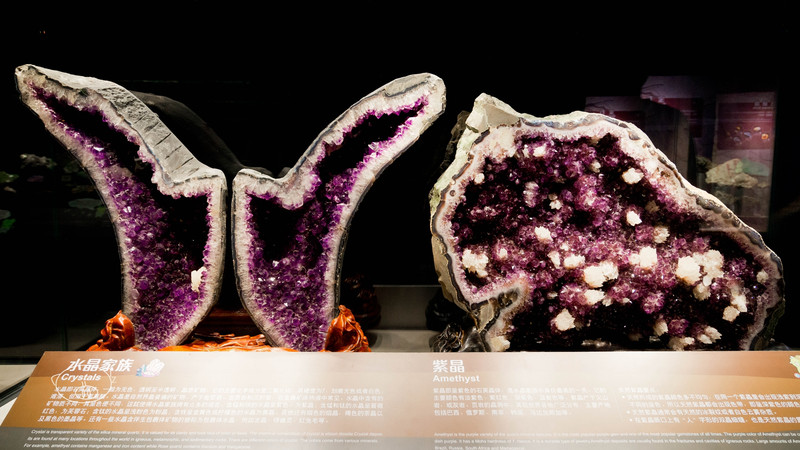
Zhengjia Natural Science Museum is the first natural science museum to enter the mall and the first natural science museum in Guangdong Province. It has collected nearly a thousand rare ancient organism fossils and mineral specimens, with eight themes, three dreamy and beautiful check-in holy places, and more than 40 interactive experience devices.
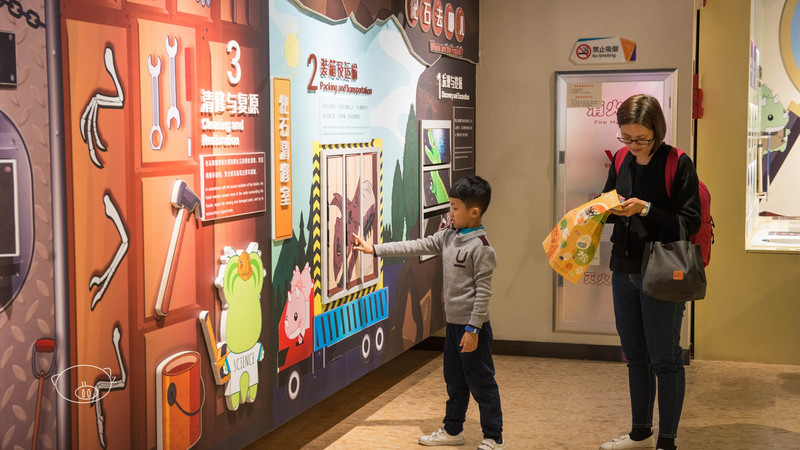
Visiting while walking, walking to this location, calm down, and through the three-minute macro evolution theater, it demonstrates how life was born from the desolate and silent world over the long 4.6 billion years since the formation of the solar system. and flourish.
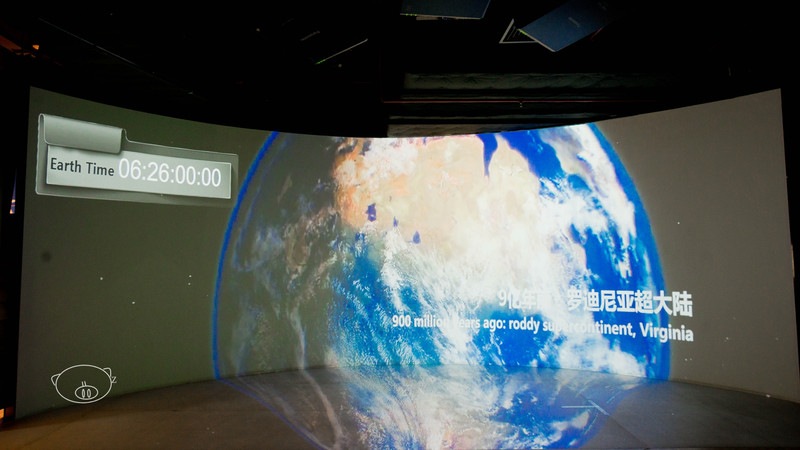
The various types of fossils you see while visiting museums are a complete process for paleontologists to go to the wild to find and excavate fossils, transport them back to the museum to repair them, and then use traditional methods and modern techniques to study fossils.
(2) Crinoids: the flower of "combining roots"
Crinoid is an echinoderm that was first seen in the Early Cambrian. It lives in the sea and has multiple brachiums, a flower-shaped body, and a calcareous shell on the surface. Because it looks like a plant, it is named a crinoderm. This is really a surprise. Nature is so wonderful.
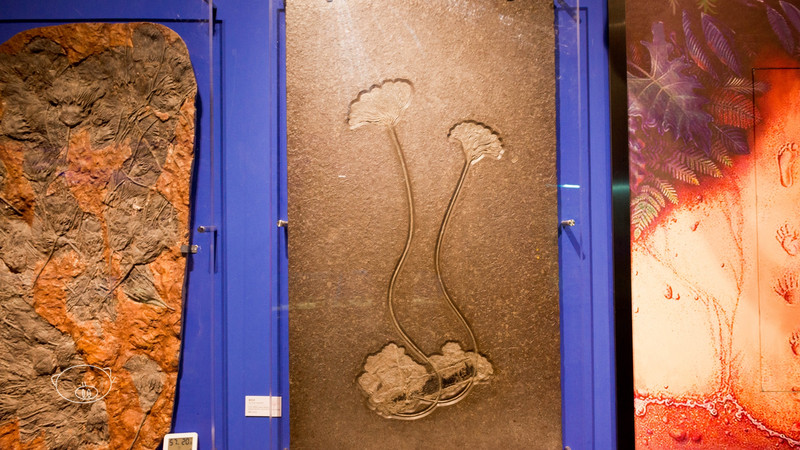
(3) Colorful siliceous wood: flowers with "colorful colors"
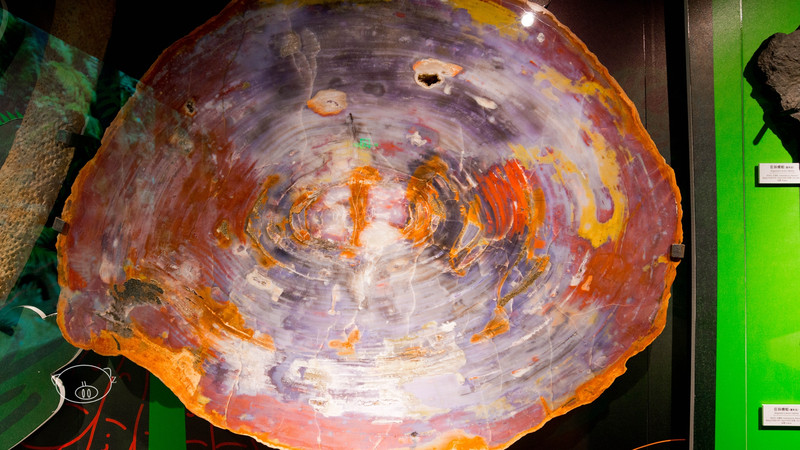
Sword shooting fish are very large predatory bony fish, about 4 meters long and nearly 1 meter wide at its widest part. At the end of the dinosaur era, traces spread throughout the ancient oceans of what is now North America. This fish fossil belongs to the Cretaceous period. When it was discovered, the head and body parts were separated, and 98% were primitive bones.
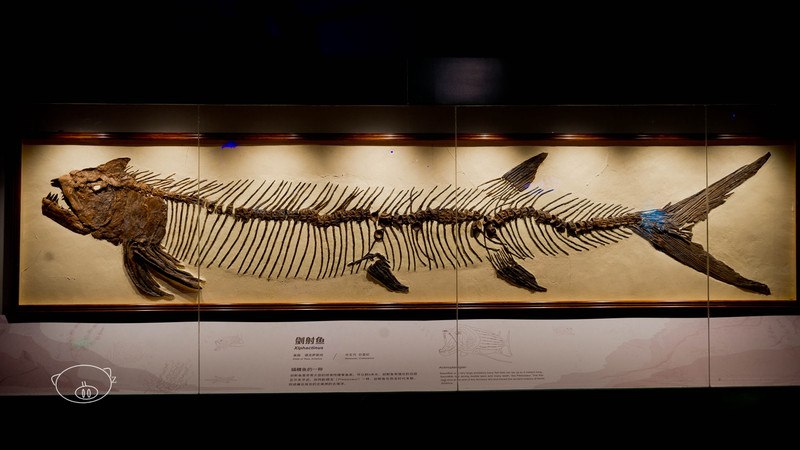
(4) Medusa Ceratops, the "Treasure of the Town Hall": Dinosaur with a "crown on his head"
So far, only three Medtussaur have been found in the world, and this is the third Medtussaur, with a fossil integrity of more than 85%. This may be a bit difficult to imagine. The top of the head is like a crown.
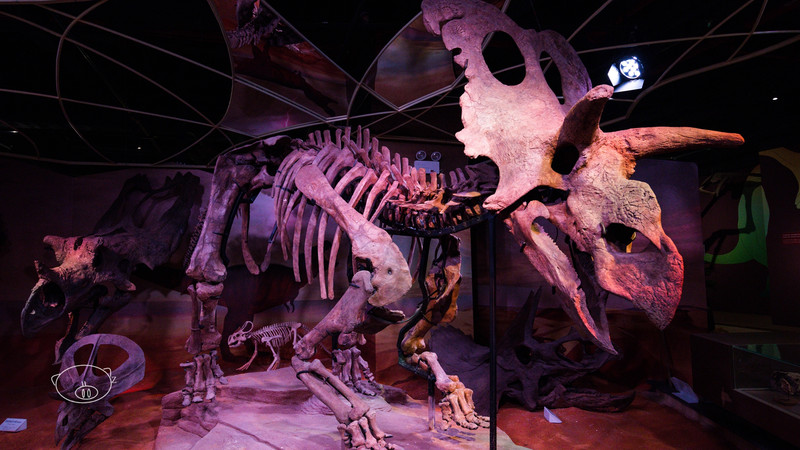
Here are two horse specimens, which fully illustrate the evolution of horses. In order to adapt to survival, they changed from three toes to one.
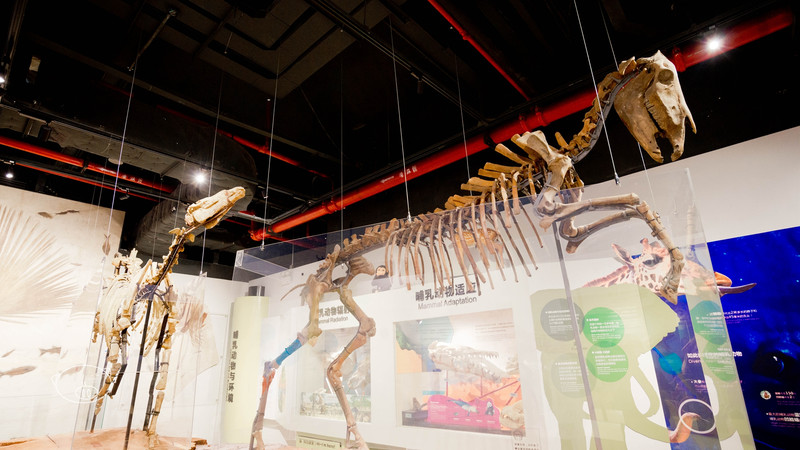
(5) Palm leaves: God's art that "stands alone"
This is currently the world's largest palm leaf fossil, four meters high, and has traveled across the ocean after three years of restoration. The fossils include Aldshad, protocephalic bass, double-jawed herring, cold-toothed fish, and new perch, with 23 fish surrounding this beautiful palm leaf. Amazing, such a large and heavy fossil was transported so far to Guangzhou.
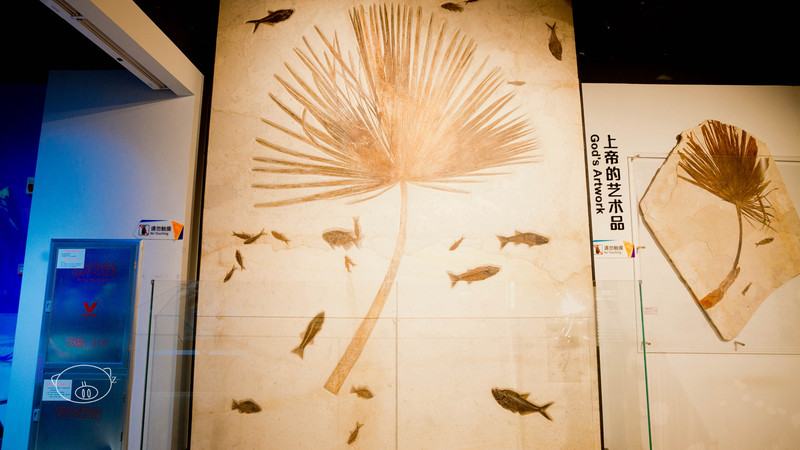
Human evolution has a long history. Look here, the human evolution process like the big tree.
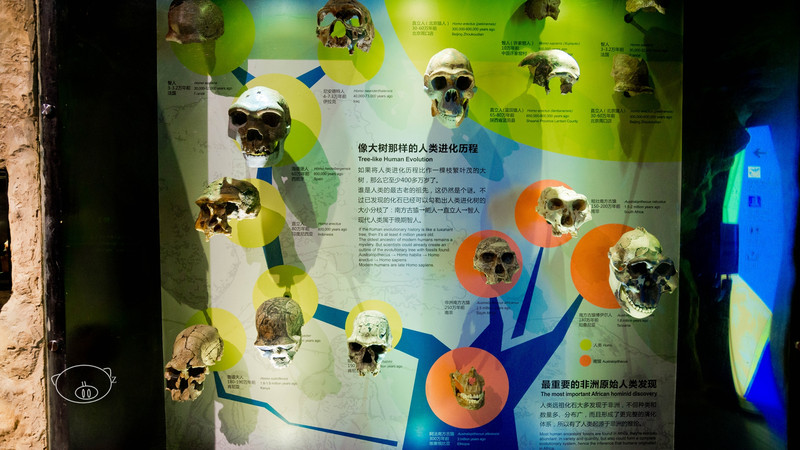
In the museum, parents can be seen everywhere bringing children to visit, and the children watch it very seriously.
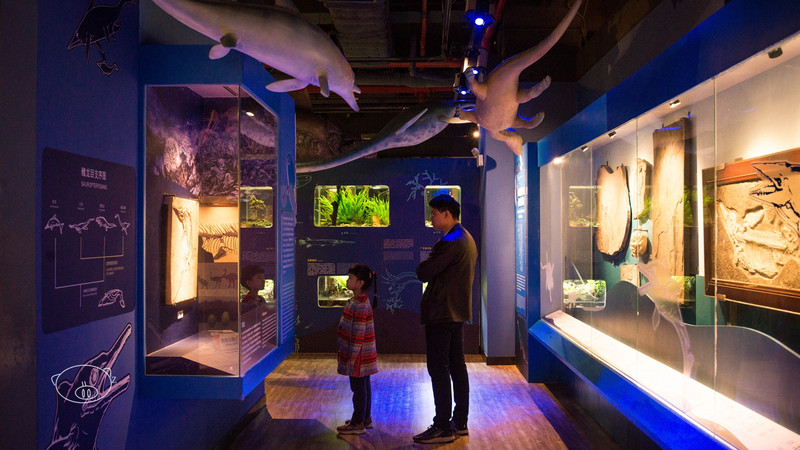
(6) Amber: The "time-tested" flower
Amber is a transparent biological fossil. It is a resin fossil of plants such as Coniferous, Cloudnut, Araucaria, etc. The resin dripped and was buried underground for thousands of years. It was petrified under the action of pressure and heat. Some of them contained small insects such as bees and were unusually beautiful.
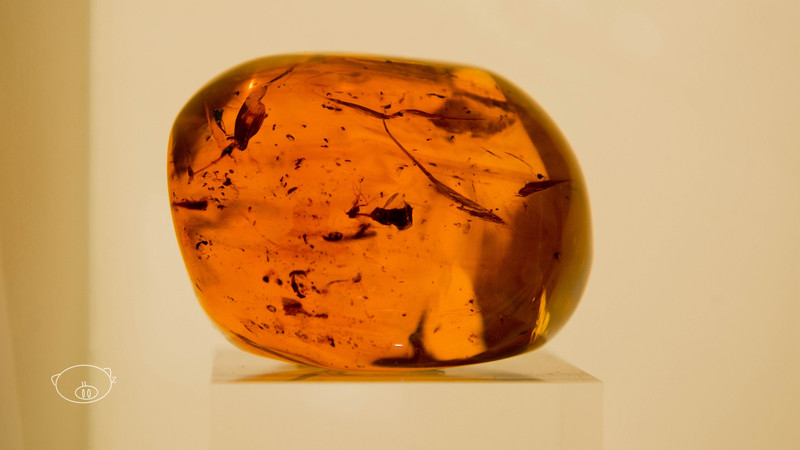
Since some ambers are relatively small, in order to allow visitors to see more clearly, a magnifying glass that can be moved left and right is equipped.
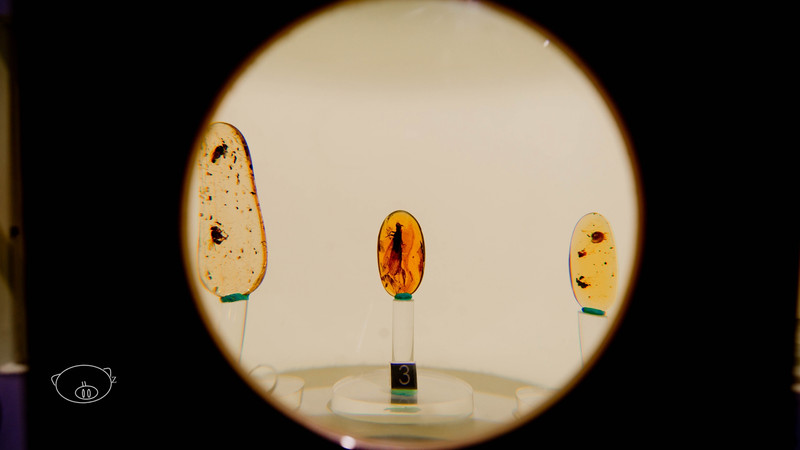
Wow, when I walked here, my eyes lit up. It was indeed the "Galaxy Tunnel" in the Internet celebrity check-in area.
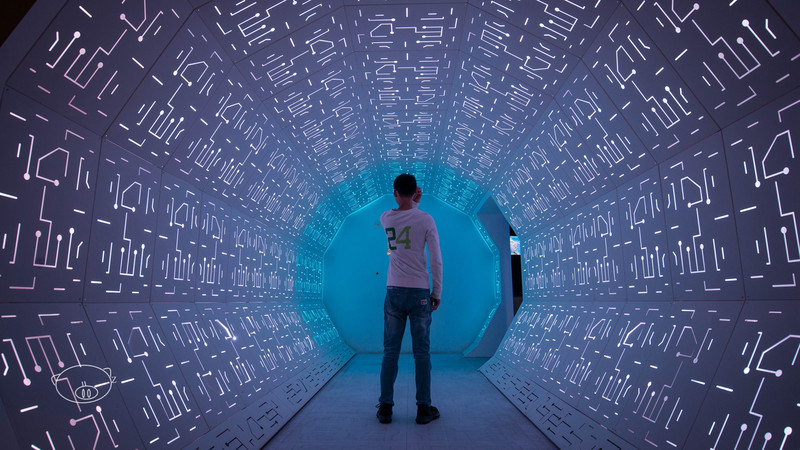

Get on a spacecraft and fly to the vast universe, explore the second Earth, and find extraterrestrial life with higher intelligence. You can experience the immersive "Visiting the International Space Station" VR experience, Mars bus experience and other interactive projects.
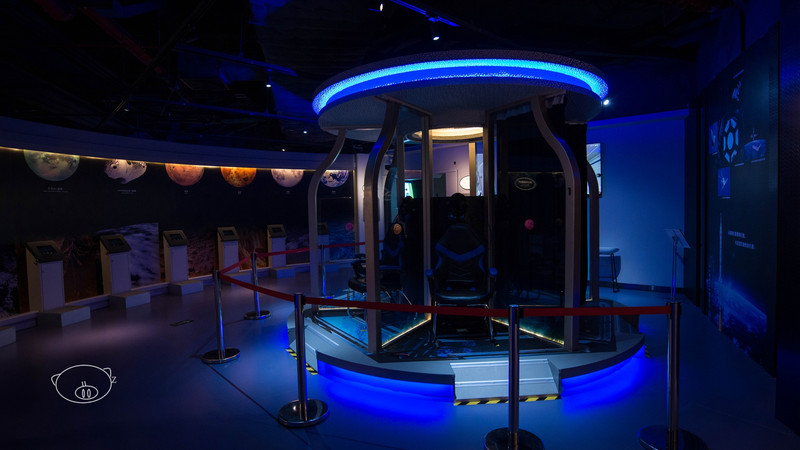
(7) Titan: The colorful world of the future
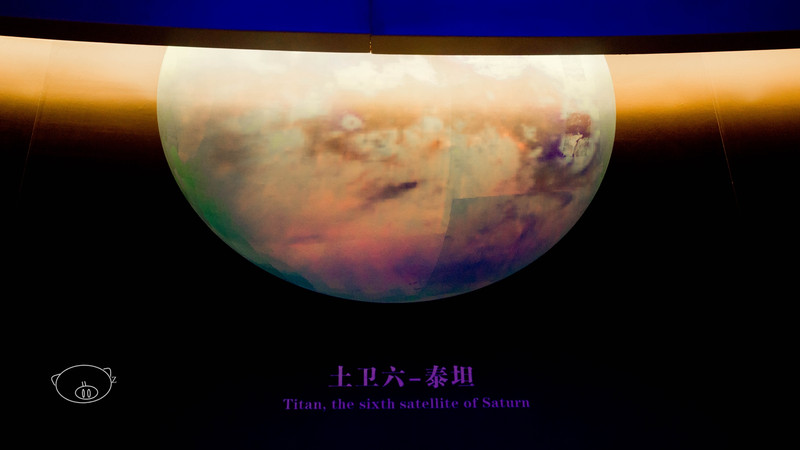
The museum has a rich collection. Through the flower-seeking journey, I learned a lot of knowledge and increased my interest in learning. The position of "Astronomical Knowledge Challenge" is often lined up, and quick answers are made through games, which is very popular among children.
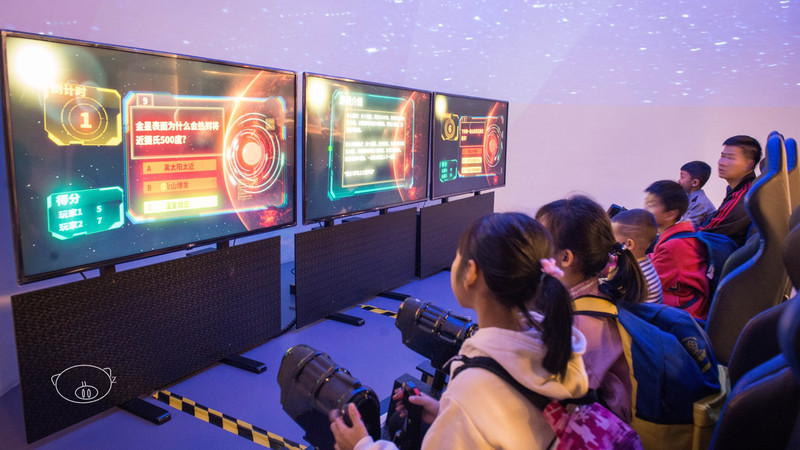
In addition to popular science exhibitions, there are also many interactive games to enhance fun. From the first day to the sixth day of the lunar calendar, experience traditional Chinese skills, movable type printing, and print New Year greetings; weave Chinese knots, experience rope art, and bring peace and joy home; create trendy embossing art, fix the most beautiful posture, and collect flowers that symbolize happiness.
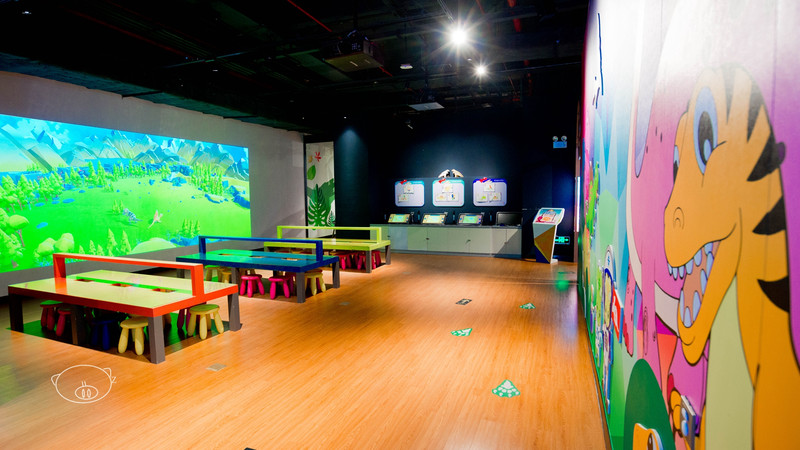
movable type printing experience
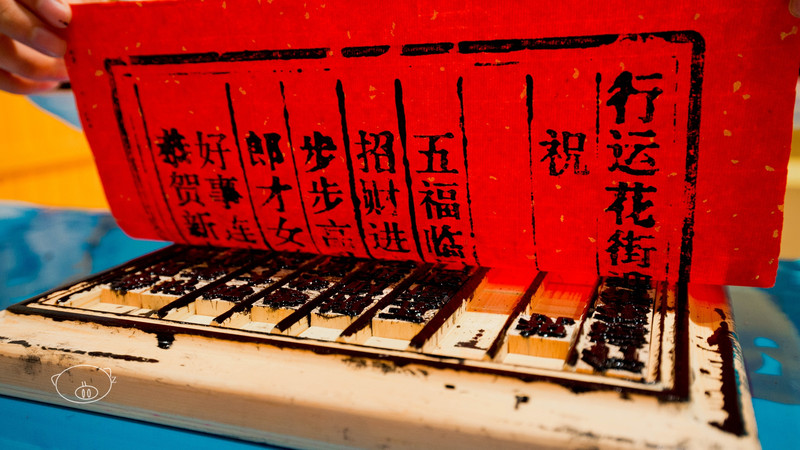
Embossing Art Experience
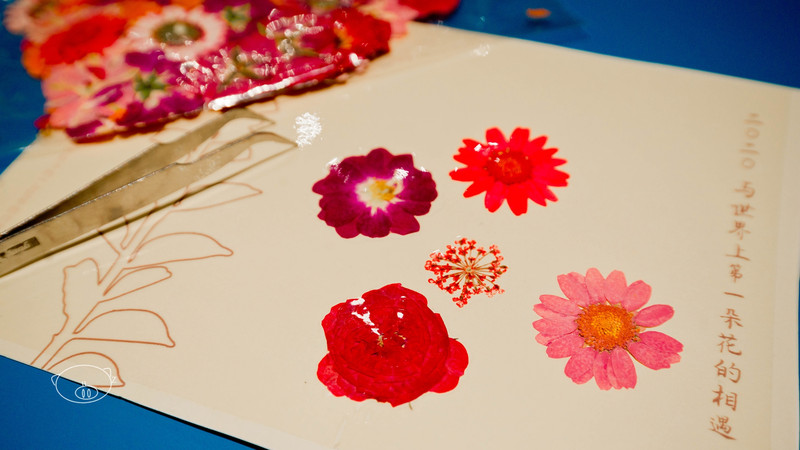
splicing the Chinese knot
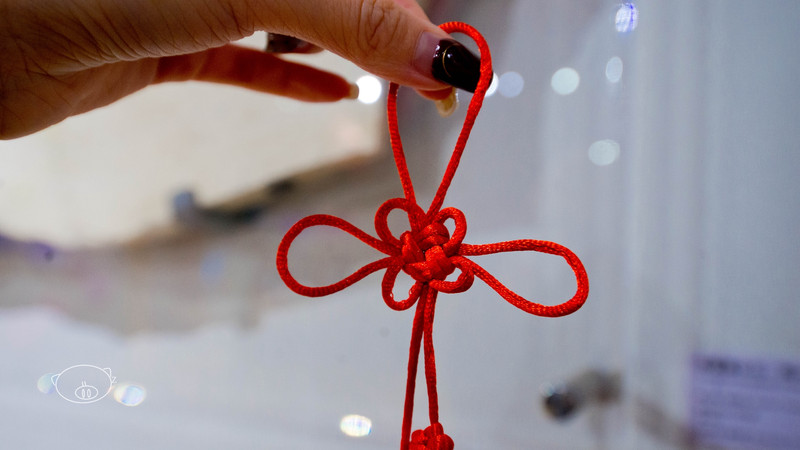
Easy to grab treasure activities
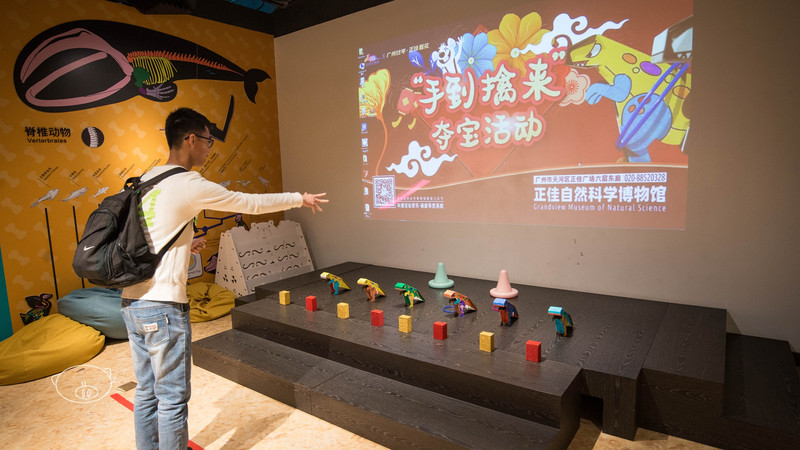
The "Flower Street in the Museum" series of activities carefully planned by Zhengjia Museum of Natural Science will be grandly opened on the first day of the New Year. The event will last throughout the Spring Festival holiday. During the Spring Festival, don't miss this museum experience the unique "Palaeontology Flower Market" feast!
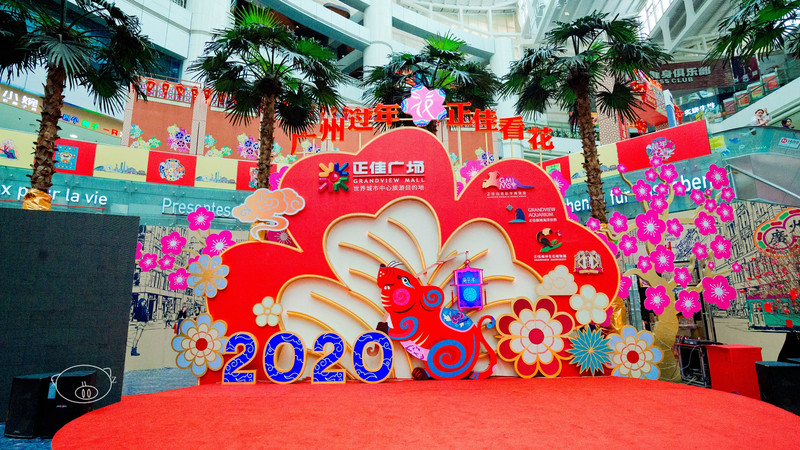
Guangzhou Zhengjia Natural Science Museum
Address: East Ting, 6th Floor, Zhengjia Plaza, No. 228 Tianhe Road, Tianhe District, Guangzhou City
Opening hours: Monday to Sunday, 10:00-20:00 (check-in stops at 19:30)
Transportation: Exit D3 of "Sports Center Station" of Guangzhou Metro Line 1
Previous Article:Guangdong-Hong Kong and Macao 14-Day Tour in Guangzhou (3)
